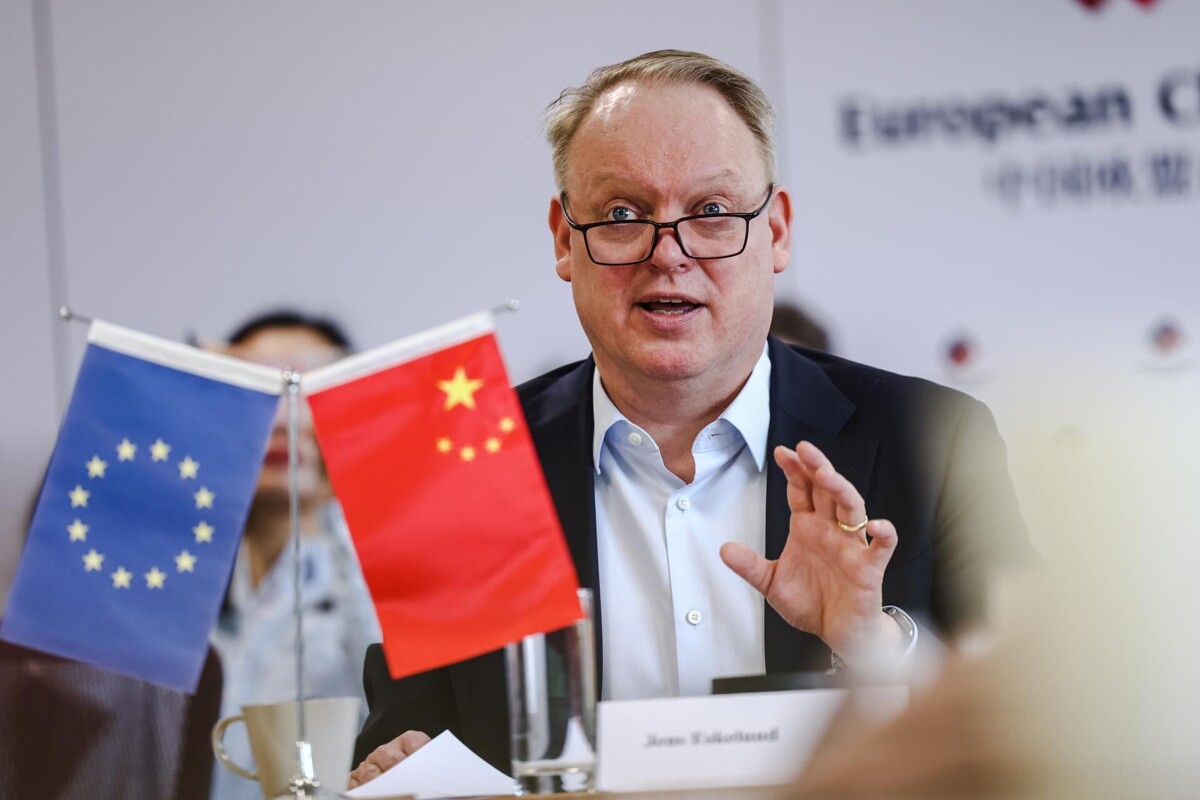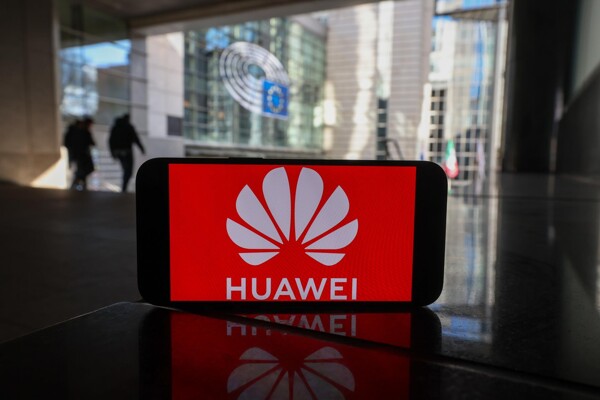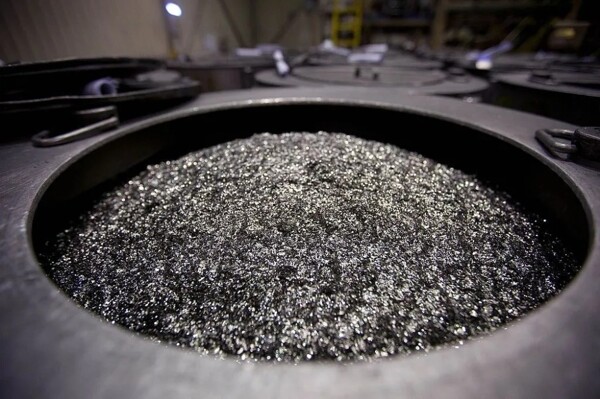
European companies in China are concerned about the Chinese government's policies that subsidize and favor local companies, creating competitive advantages that affect the competitiveness of the European Union. Despite this, they believe that Beijing still has the opportunity to be a 'responsible trading partner.' Jens Eskelund, president of the EU Chamber of Commerce in China, pointed out that the combination of subsidies and political support has benefited some Chinese industries, giving them an advantage in the market.
On the other hand, Eskelund highlighted that China has made significant progress through the 'Made in China 2025' strategy, which aims to position the country as a leader in strategic technologies and self-sufficiency. Despite the achievements made, there are concerns about the implementation of this plan, as it has generated challenges and imbalances in various sectors. The dependence on foreign components in industries such as aviation is a vulnerable point for China.
The report indicates that European companies in China have expressed difficulties competing in a market where local companies receive preferential treatment. This situation has led the EU to implement defensive measures, such as tariffs on Chinese products, to protect its market from possible distortions and unfair practices.
In response to this situation, European companies in China are advised to develop mitigation plans that consider potential adverse scenarios, especially in sectors reliant on public contracts. These companies are also urged to invest in innovation in order to compete effectively with Chinese companies in the local market.














